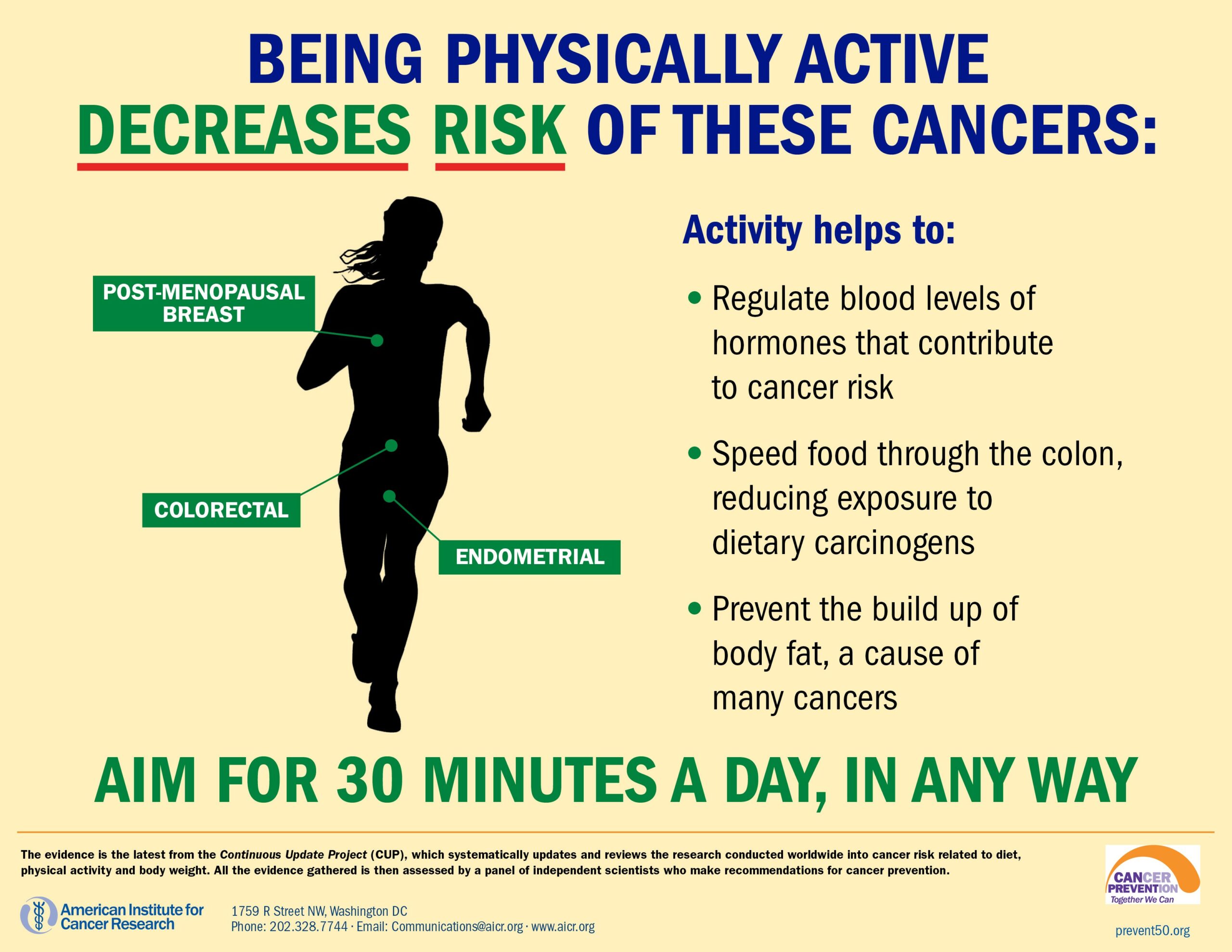Vitamin E, often lauded for its antioxidant properties, has recently come under scrutiny due to emerging research that links it to a 28 percent increase in the risk of certain cancers. While vitamin E is generally considered beneficial for its role in protecting cells from oxidative stress, the implications of high-dose supplementation have sparked significant debate in the medical community.
Antioxidants like vitamin E are thought to neutralize free radicals, which can cause cellular damage and ultimately lead to the development of cancer. However, the paradox lies in the potential overconsumption of these nutrients. In controlled studies, elevated doses of vitamin E have been associated with a paradoxical rise in cancer incidence, leading researchers to reevaluate standardized recommendations.
The findings indicate that while vitamin E is essential in small quantities for maintaining immune function and skin health, excessive intake—especially in supplement form—may exacerbate risks rather than mitigate them. Notably, individuals who consumed high levels of vitamin E through dietary supplements faced increased odds of developing specific malignancies, whereas naturally derived vitamin E from food sources posed minimal risk.
This brings to light the broader conversation surrounding dietary supplements versus whole foods. Many consumers gravitate towards supplements in hopes of achieving optimal health and preventing diseases. However, the body’s ability to metabolize these nutrients can significantly differ based on their source. Whole foods offer a complex array of nutrients that work synergistically, whereas isolated compounds may react differently within the body.
Moreover, certain populations, particularly those already predisposed to cancer or with specific genetic factors, might be more susceptible to these negative outcomes from high-dose vitamin E supplementation. Therefore, healthcare professionals stress the importance of individualized nutrition plans that consider a person’s unique health history and lifestyle.
In light of this information, it is prudent for individuals to scrutinize their vitamin E intake, considering not just the quantity but the source as well. Prioritizing a balanced diet rich in fruits, vegetables, and whole grains, which naturally contain vitamin E among other vital nutrients, is recommended over supplementation unless prescribed by a healthcare provider.
As research continues to unfold, it is essential to remain informed of the potential risks associated with vitamin E supplementation. Comprehensive discussions with healthcare professionals can provide clarity and help navigate the conflicting information surrounding vitamins and cancer risk. Ultimately, understanding the nuances of nutrition is central to promoting long-term health and minimizing disease risk.
